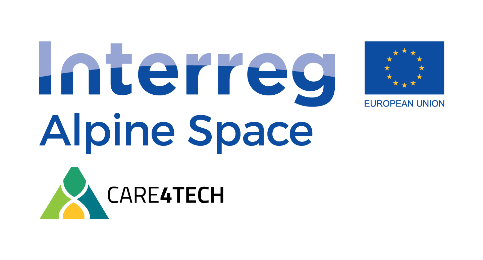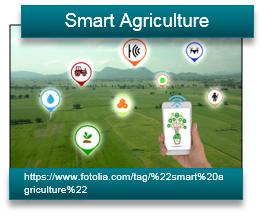
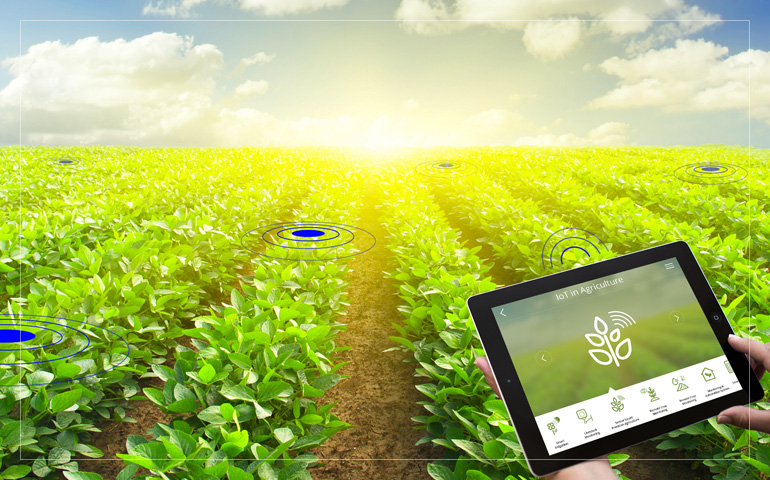 Smart Agriculture is mainly aiming towards sustainably increasing agricultural productivity and grower incomes as well as supporting the process in the agricultural lifecycle. One way to address these issues Page 8 / 24 and increase the quality and quantity of agricultural production is to use sensing and technology to make farms and the related process smarter and more connected through so called “smart farming” strategies.
Smart Agriculture is mainly aiming towards sustainably increasing agricultural productivity and grower incomes as well as supporting the process in the agricultural lifecycle. One way to address these issues Page 8 / 24 and increase the quality and quantity of agricultural production is to use sensing and technology to make farms and the related process smarter and more connected through so called “smart farming” strategies.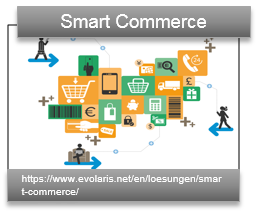
Smart Commerce describes technologies which support the change in the commerce and service sector, which is a result of the progressive digitalization and interconnection. The information booth of the consumers as well as the expectations according availability, delivery period, and associated service increase. Furthermore, global players in the online sector are now competitors for regional anchored companies. To meet this challenge, the chance that digitalization and interconnection provides need to be recognized and the deployment of innovative technologies and services should to be used.
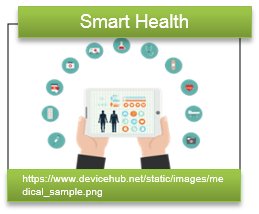
Smart energy is mainly related to solutions and services, which are deeply integrated in the living environments and are aiming to live a more energy efficient lifestyle. Energy efficiency is aiming towards a large potential to reduce the energy use and the related environmental impact. Innovative new technologies such as smart controlling devices increase the energy efficiency potential and facilitate the implementation of energy efficiency technologies in daily life scenarios.
- Teacher: Maziar Afshar
- Teacher: Marianne Labisch

The field of Smart Health and Wellbeing focuses on the digitization of health care and covers topics like eHealth, personalized medicine and active and healthy aging, assisted by various means of ICT. To overcome health- and age-related challenges, the involvement of end users, entities from the medical care setor, municipalities and research institutions in the design and development process is essential.
Covered Sub-Topics:
- Smart Ageing, Active and Assisted Living
- Telecare, eHealth
- Wellbeing
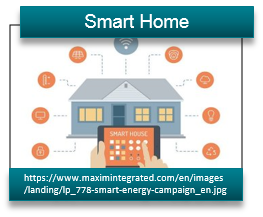
A Smart Home is a home that incorporates advanced automation systems to provide the inhabitants with sophisticated monitoring and control over the building's functions. For example a smart home may control lighting, temperature, multi-media, security, window and door operations, as well as many other functions. Main usage scenarios are energy efficiency, personal safety, personal assistance and comfort solutions.
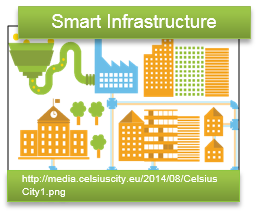
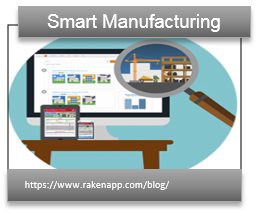
Smart Manufacturing and the related term of industry 4.0 is related to the knowledge and understanding of the changes required to meet the challenge of the 4th Industrial Revolution as well as the implementation of technologies and services into the working processes. The internet of things with M2M communication and strong integration of ICT and robot technology, as well as the ongoing individualization of mass production will strongly change these working processes.
- Teacher: Marianne Labisch
- Teacher: Christine Neuy

The field of Smart Medtech focuses on the digitization and improvement of health care devices and covers topics like networked medtech devices, cybersecurity, patient management, but also improved materials in medical devices. Clinical validation of such new technologies requires synergies of hospitals and care facilities as well as doctors and end user organizations, in addition to the technology developers.
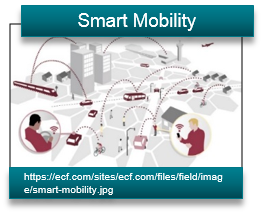
Smart Mobility and Smart Mobility Concepts (e.g. eMobility) are defined as solutions and services which offer the possibility for an energy efficient, low-emission, safe, comfortable and cheap mobility which can be used by the user-groups in a smart way. A core point is not related to developing totally new technologies, but adapting and integrating existing approaches and therefore optimizing the usage by introducing innovative solutions and ICT-technologies.
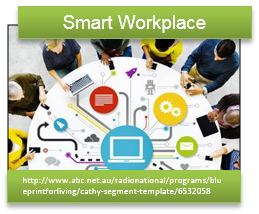
Smart Workplace technologies and solutions support an efficient, barrier free and knowledgeenhanced work-life. Smart Workplace solutions may contribute to greater safety in manufacturing scenarios, but also to assisted working scenarios (e.g. for older workers). Improved methods for integrating streams of data machinery and sensors can also be integrated. The approaches handle smart-factory data and make them visible and consumable in order optimize working process.
